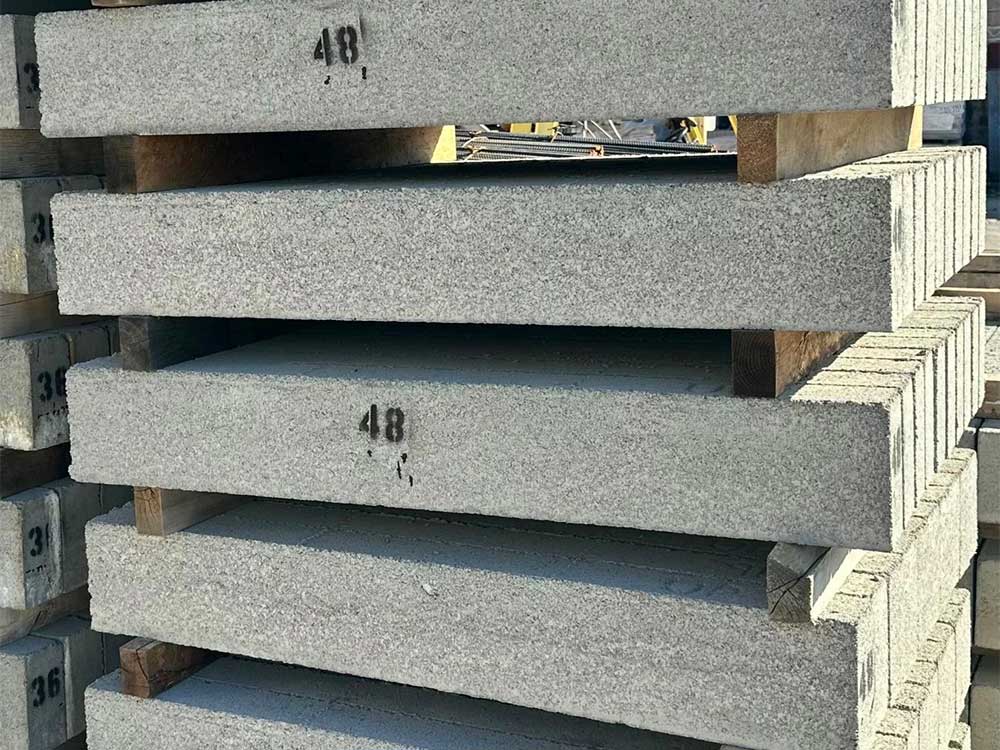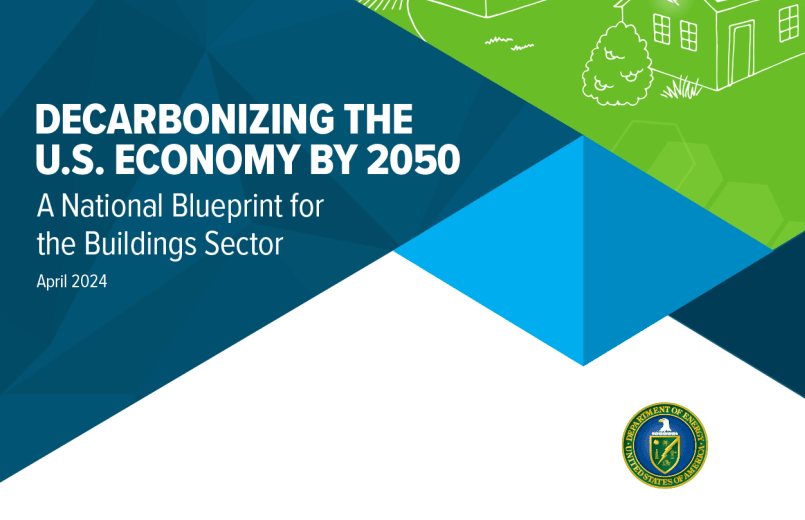Ready Mix Vs. Volumetric Concrete: What You Need To Know
When you embark on a construction project, one of the vital decisions you’ll make revolves around the type of concrete you use. Two popular choices that often come up for comparison are ready mix and volumertic (metered) concrete. Both have their unique advantages, but understanding the distinction between ready mix vs. volumetric concrete can help you select the best fit for your specific needs.
What Is Ready Mix Concrete?
Ready mix concrete is pre-mixed in a central batch plant according to a set engineered mix design. Once the mix is prepared, it’s transported to the construction site using a truck with a revolving drum.
Advantages of Ready Mix:
- Consistency: Since the mixing happens in a controlled environment, you get a uniform quality throughout the batch.
- Volume: It’s suitable for large projects where a significant amount of concrete is required.
- Less Wastage: Precise measurements in the plant mean reduced chances of excess concrete.
Limitations of Ready Mix:
- Time-sensitive: The concrete needs to be poured soon after arrival to prevent setting.
- Less Flexibility: Adjustments to the mixture can’t be made once it has left the plant.
What Is Volumetric Concrete?
Metered concrete, often known as “volumetric concrete,” is mixed on-site using volumetric concrete mixers. These trucks carry the individual ingredients, and mixing happens on-the-spot based on the quantity required.
Advantages of Metered Concrete:
- Flexibility: You can adjust the mix and quantity according to real-time needs.
- Freshness: As the mixing happens on-site, the concrete is always fresh and has optimal workability.
- Pay for What You Use: Since it’s mixed as per requirement, you only pay for the exact amount used, reducing wastage.
Limitations of Metered Concrete:
- Inconsistency: While the process can be precise, variations might occur between batches.
- Equipment: The need for specialized trucks can sometimes limit the availability.
Making the Choice: Factors To Consider
- Project Size:
For large-scale projects that require vast amounts of concrete, ready mix might be the way to go due to its volume advantage. On the other hand, for smaller projects or those with uncertain quantities, metered concrete offers flexibility.
- Location and Accessibility:
If your site is in a remote location or has access challenges, metered concrete, mixed on the spot, can be advantageous. Ready mix concrete, given its setting time, might not always be viable for hard-to-reach sites.
- Quality Control:
For projects where consistency is critical, the controlled environment of ready mix concrete production might be preferred. However, with experienced operators, metered concrete can also provide high-quality results.
- Cost Implications:
Metered concrete often ensures you only pay for what you use, potentially reducing costs. However, for large orders, ready mix offers bulk pricing benefits.
Environmental Considerations
Green building practices are becoming the norm, and concrete choice plays a role. Ready mix plants often use waste byproducts like fly ash or slag, making it eco-friendlier. Metered concrete, with its reduced wastage, also offers environmental benefits.
Understanding the Nuances
Concrete is the foundation of any construction project, and the choice between ready mix and volumetric concrete can influence the project’s outcome. By understanding the distinctions, benefits, and limitations of both, you must arm yourself with the knowledge to make informed decisions. Here’s to strong foundations and successful construction endeavors!

Concrete Sales AssociateNatalie Jaimes
Latest News
4 Features That Makes Masonry Supply Company Stand Out
A masonry supply company plays a crucial role in the success of construction projects, providing essential materials and expertise to […]

Choosing The Right Size Lintel For Your Project
Determining the correct size of a lintel is critical for the stability and longevity of your construction project. A lintel […]

Data Misses on Embodied Carbon
There is significant urgency to avoid, reduce, or even reverse the emissions of greenhouse gases (CO2e) to avoid the worst […]

4 Masonry Tools You Should Have At Home
Effective and efficient masonry work, whether for repairs or new projects, requires the right tools. At home, having a basic […]
